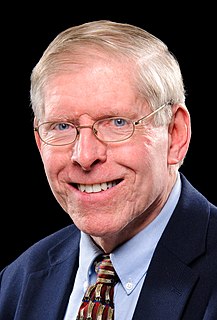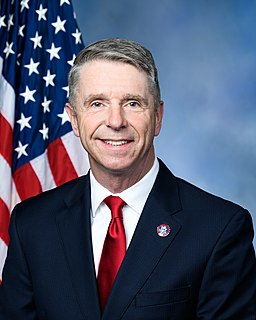A Quote by Siddhartha Mukherjee
If the history of medicine is told through the stories of doctors, it is because their contributions stand in place of the more substantive heroism of their patients.
Related Quotes
We sometimes think that the best doctors are the ones who have the most specialized knowledge or the fanciest degrees, but in fact, study upon study, including one published in the 'New England Journal of Medicine,' show that the best doctors are the ones who also know how to connect with their patients.
Doctors should recognise the importance of the five human values; Truth, righteousness, Peace, Love and Non-violence. Love is the basis for all the other values. Doctors can infuse courage in patients by the love they show towards the patients. If doctors carry out their duties with love they will be crowned with success.
Each of us is comprised of stories, stories not only about ourselves but stories about ancestors we never knew and people we've never met. We have stories we love to tell and stories we have never told anyone. The extent to which others know us is determined by the stories we choose to share. We extend a deep trust to someone when we say, "I'm going to tell you something I've never told anyone." Sharing stories creates trust because through stories we come to a recognition of how much we have in common.
People and organizations other than doctors increasingly are assuming power to decide which medications to prescribe or procedures to undertake. More and more, decisions about personal healthcare are no longer made by the treating physicians in consultation with their patients, and based on the doctors' expertise.


































